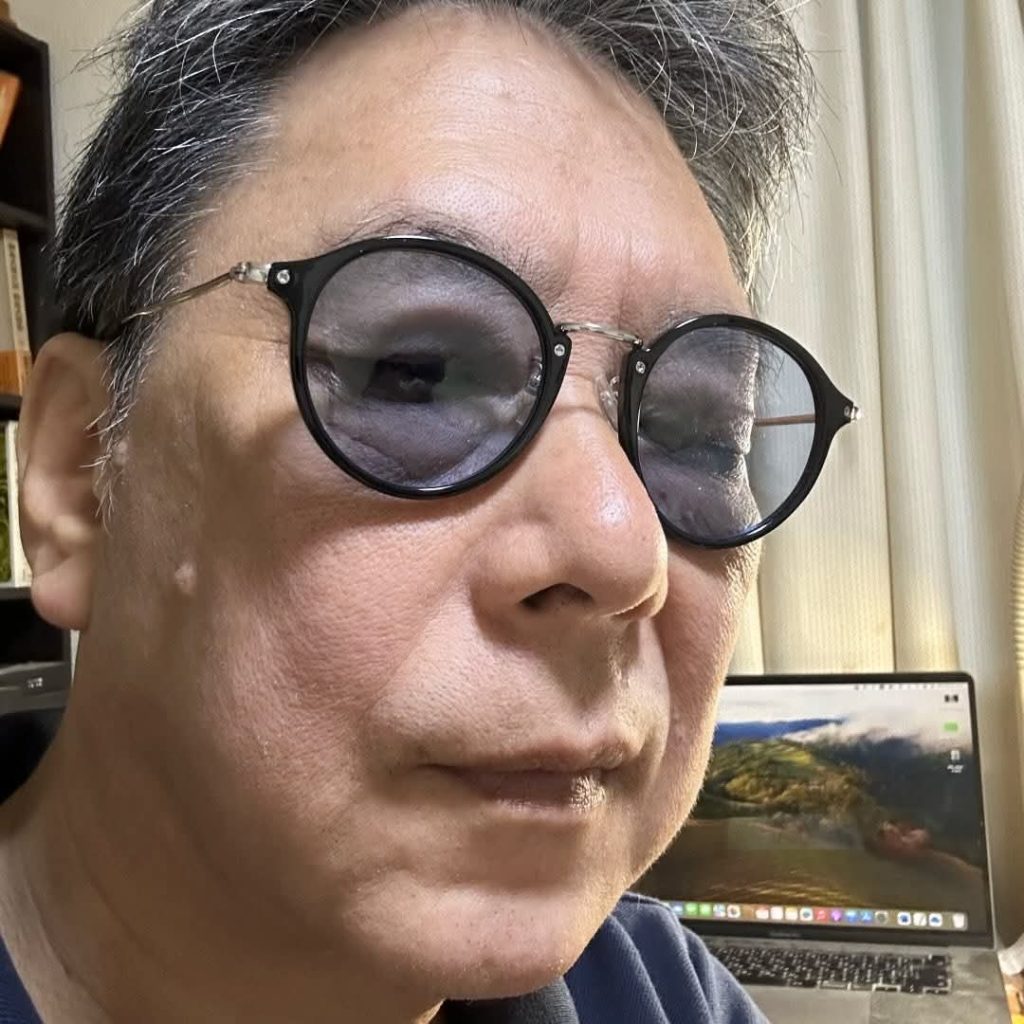No need to worry
In my crescendo of joy travelling Switzerland
East and west coasts of United States of America
Surreal terrains of Norway, voyage in Baltic Sea
Fabulous Finland and many other countries
I captured all marvelous moments this world can offer
Why this glittering fountain does not sustain forever?
The culprit is an inherent fear that is overwhelming
Reminds me after every enjoyment, “This is evanescent”
Soon dark clouds of gloom cover me blind me
I shall have to leave all whatever good I may have
Death will come sooner or later
Disconnect me cruelly from all achievements.
I find it unbecoming of a god incarnation or prophet
To die in diseases, murdered or drowned
After attaining trance and enlightenment,
They are unable to die with dignity
Choosing calm and peaceful departure from here
Hopelessly in the same way as the common people.
Advaita philosophy declares every human is free
Ignorance like ‘a lion cub in a flock of sheep’
We think ourselves different from the Self
Due to the dirt that blurs our vision,
In reality, we are parts that form Paramatma
No power can undo this truth.
The accomplishments of material life
Is like the pleasure of swallowing a sweet
There is no need to rush for these
If one wants name and fame
Nothing wrong in it
One must remain determined to go for extinction.
2
Soaked in love
It is so difficult to reach
To the bottom of her heart
Looks so deceptive
Angry face
Shouting to the top of voice
As though
Will swallow me
At that very moment.
Curtain falls
The next scene-
I Get up in the morning
Working on my desk
Writing poems is
My every day habit,
She comes to me silently
With a plateful of fresh fruits.
So beautiful a face she has
Crossed sixty-six years
Suddenly clouds cover
The eternal painter inserts defect,
Eager to remove the faults
She becomes pale
Nothing is working
I run from pillar to post.
Deep in her mind
She stores nectar
Outer layers camouflage
I cannot catch her,
When my love soaks
She appears to be as pearl
Garlands me with a necklace
Purely made out of her soul.
3
Reversal of a polluted river
Yamuna at Delhi
Is turned into
A sewage open
Drain full of froth
The river is vomiting
Like a bedridden patient
Infected by the
Human virus
Who dumps garbage
Organic wastes
Nobody dares
To touch its water.
A new government
Has come to power
After twenty-seven years
Of exile as the opposition
The river is being cleaned
Gigantic machines are at work
Day and night
On war footing
River cruises are plying
Passengers enjoy breeze onboard
The banks are beautified
Flowers are smiling in the gardens.
4
Heart melting
Love is floating in the air
Like bubbles filled with colors
Used in celebrating Holi in India
Rich or poor everybody enjoys it
Emotions run high between lovers
Young or old nobody is left behind.
An old man with grey hair and beard
Is sitting with some vegetables
By the side of a road
For some money to meet hunger
Love comes flying to him
In the form of a young police officer.
He tells him to give all those
Spinach, coriander leaves
For which the old man charges him
Only fifty rupees
The young man’s heart melts
Gives him three hundred fifty instead.
The old man who is hungry for food
But not at all for undue money
Refuses to take so much
The young officer calls himself his son
Requests him not to deprive of serving
Tears roll down the cheeks.
5
Gruesome government
I deposited my gratuity money in a bank
Retired life, interest from it was important
Suddenly the bank stopped all transactions
The virus of financial scandal engulfed it.
The government intervened to make payment
To ninety-five percent customers
Who were vote bank
I was left in the lurch.
My fault was I had a large sum of money there
It was blocked for many years without interest
Paying back a paltry amount in initial years thereafter
Keeping the large amounts for payment in final years.
I planned for a tour abroad
Paid the tour operator through the nose
Due to sudden sickness cancelled it
The government did not return GST I paid.
I published a book through a publisher
Paid them high cost of publication
Surprisingly the government charged huge GST
It was my first such book yet to earn royalty.
Sandip Saha won two awards from India, one from USA, was finalist in ‘Origami Poems Project ‘Best of Kindness Contest’, 2020 and Lengthy Poem Contest of Defenestrationism.net, April 2022, both USA, published six poetry collections, 177 poems in 59 journals in six countries- India, USA, UK, Australia, Romania and Mauritius.


